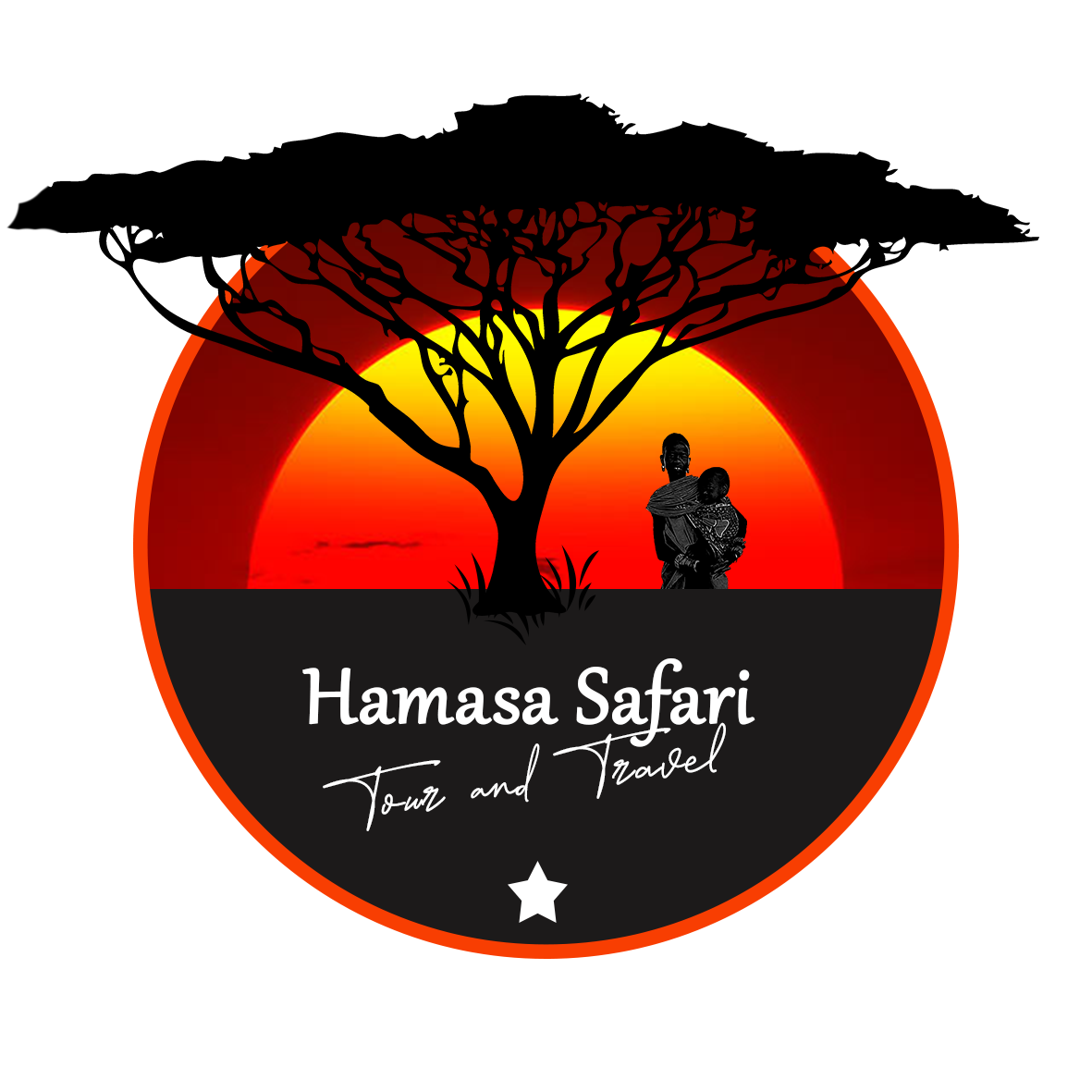FAQs
Frequently asked questions!
What is a safari, and what can I expect on a Tanzanian safari?
A safari is an adventurous journey into the wilderness, often involving wildlife viewing, game drives, and nature exploration. In Tanzania, you can expect to encounter a diverse range of wildlife, including the famous Big Five (lion, elephant, buffalo, leopard, and rhinoceros), as well as stunning landscapes like the Serengeti, Ngorongoro Crater, and Tarangire National Park.
When is the best time to go on a safari in Tanzania?
Tanzania's wildlife and natural beauty can be enjoyed year-round, but the best time for a safari largely depends on what you want to experience. The dry season, from June to October, offers excellent game viewing as animals gather around water sources. The Great Migration occurs between July and September. The green season, from November to May, brings lush landscapes and an abundance of newborn animals.
Is it safe to go on a safari in Tanzania?
Yes, Tanzania is generally safe for tourists. Safari operators prioritize their guests' safety and adhere to strict safety protocols during game drives and lodge accommodations. However, like any travel destination, it's essential to exercise common sense, follow your guide's instructions, and be aware of your surroundings.
What types of accommodation options are available on safaris in Tanzania?
Tanzania offers a wide range of accommodation options, from luxury lodges and tented camps to more budget-friendly options. Luxury lodges provide upscale amenities, while tented camps offer a more immersive experience, often situated in the heart of the wilderness.
What is the Great Migration, and how can I witness it during my safari?
The Great Migration is one of nature's most remarkable spectacles, where millions of wildebeests, zebras, and other animals migrate in search of food and water. To witness the Great Migration, you should plan your safari in Tanzania's Serengeti National Park between July and September.
Do I need to get vaccinated before going on a safari in Tanzania?
Yes, it's highly recommended to consult your doctor or a travel health specialist before traveling to Tanzania. Vaccinations for yellow fever, typhoid, hepatitis A, and other diseases are typically recommended for travelers.
What should I pack for a safari in Tanzania?
Essential items to pack for a safari include lightweight, neutral-colored clothing, a wide-brimmed hat, sunscreen, insect repellent, sturdy walking shoes, a camera with extra batteries, and binoculars for wildlife viewing.
What should I pack for a safari in Tanzania?
Essential items to pack for a safari include lightweight, neutral-colored clothing, a wide-brimmed hat, sunscreen, insect repellent, sturdy walking shoes, a camera with extra batteries, and binoculars for wildlife viewing.
Is it necessary to tip safari guides and staff?
Tipping is a common practice in Tanzania's tourism industry, and it's a way to show appreciation for excellent service. While not mandatory, it's customary to tip safari guides, drivers, and lodge staff. Your safari operator can provide guidance on appropriate tipping amounts.
What is the typical duration of a safari in Tanzania?
Safari durations can vary depending on your itinerary and preferences. Most safaris range from 3 to 10 days, allowing ample time for wildlife viewing, game drives, and exploring different national parks.
Can I combine a safari with other activities in Tanzania?
Absolutely! Tanzania offers a plethora of activities beyond safaris, including visiting the beautiful Zanzibar Island, climbing Mount Kilimanjaro (the highest peak in Africa), exploring local cultures, and experiencing traditional Maasai villages. Remember that each safari experience may vary based on the tour operator and the itinerary you choose. It's essential to do thorough research and select a reputable safari company to ensure a safe, enjoyable, and unforgettable adventure in Tanzania.
